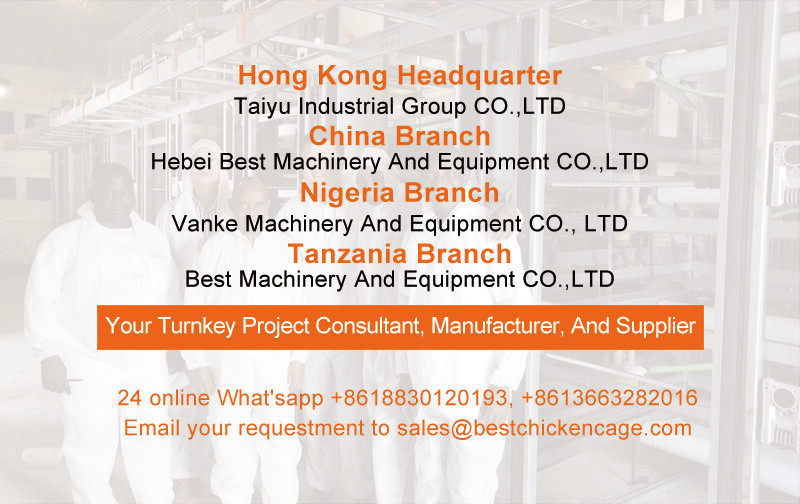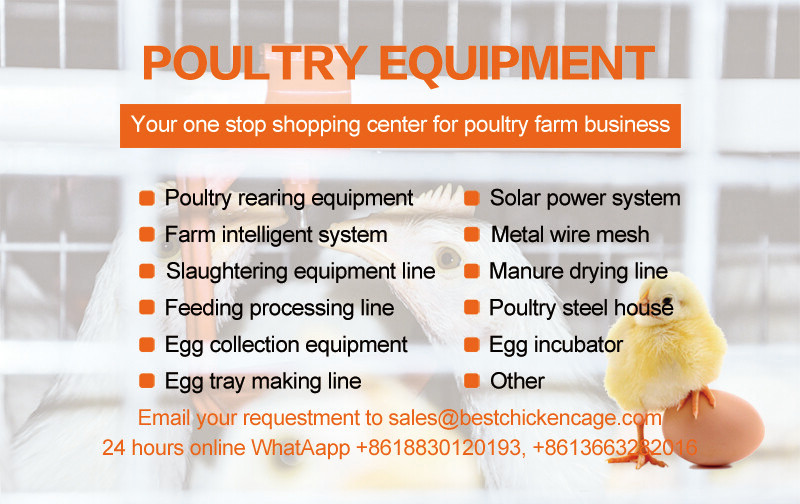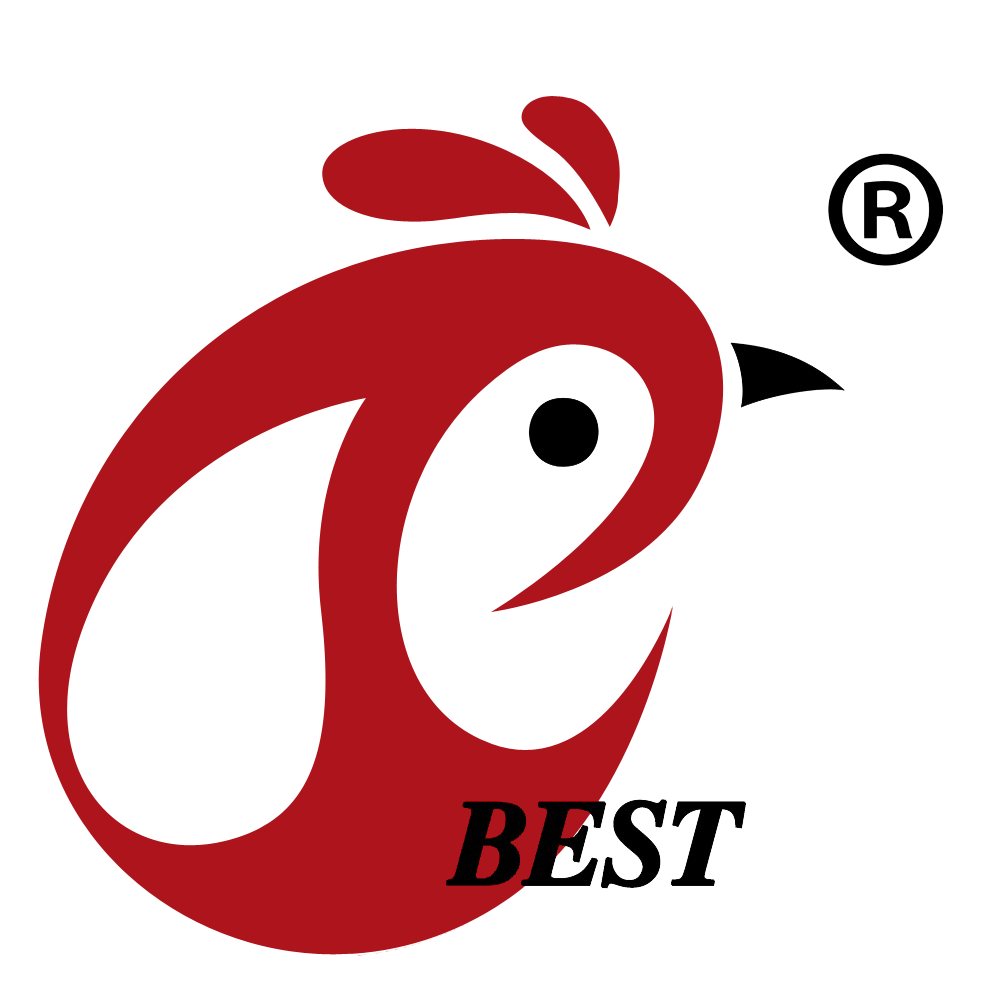

Battery cage for layer at factory price
A battery cage system for laying hens at a factory price typically refers to a cost-effective solution for large-scale egg production, providing an affordable option for poultry farmers. These systems are designed to maximize space efficiency and automate key processes like feeding, watering, and egg collection, resulting in reduced labor costs and higher productivity
Factory prices are often lower because the systems are mass-produced and sold directly from manufacturers, cutting out middlemen. However, it’s essential to ensure that the system you’re purchasing meets the necessary standards for durability, hen welfare, and efficiency. Despite the lower initial cost, the quality of the materials and components such as rust-resistant steel for cages and automated mechanisms should not be compromised, as these factors contribute to the long-term performance of the system
In addition to the upfront cost, consider the long-term savings and return on investment, such as lower labor costs, reduced feed wastage, and increased egg production due to optimized conditions for the hens. Always check for warranty options, after-sale support, and whether the system can be scaled or customized according to your farm’s size and needs

Customers part of the poultry growing business benefit from our customised solutions, visiting our page of products to learn more
1. Egg laying chicken rearing system

The one stop shop and solution of turnkey poultry farm project, contact us to give you full solution from the designing of poultry house, layout and quotation of poultry equipment and cages, delivery and installation...
Factory to consider when buying a battery cage for layer at factory price
When purchasing a battery cage system for layers at a factory price, it’s important to focus on factors like the quality and durability of materials used, such as galvanized or stainless steel, which ensures the system lasts and performs well over time. Automation features, including systems for feeding, watering, egg collection, and waste management, are critical for reducing labor costs and increasing productivity. Additionally, the system’s capacity should meet your farm’s current needs and allow for future expansion
Hen welfare is another key consideration, with the cage design needing to provide adequate space, ventilation, and access to food and water, in compliance with welfare regulations. Energy efficiency should also be factored in to help lower operational costs, with features like energy-efficient lighting and ventilation systems
Support and warranty services from the factory are essential, as they provide assistance with installation, maintenance, and troubleshooting, ensuring reliable long-term operation. Finally, compatibility with existing infrastructure, such as automated feeding or climate control systems, is crucial to avoid additional costs or complications. By considering these aspects, you can make a well-informed decision and invest in a battery cage system that balances cost, efficiency, and quality
Company video
Reliability
The credibility of a battery cage system for layers is a crucial factor in ensuring consistent, long-term egg production. These systems are built with durable materials, such as galvanized or stainless steel, that are resistant to wear and corrosion, ensuring they can withstand the demands of continuous use. The robust construction of the cages reduces the likelihood of structural failures, making the system dependable for many years
The automation incorporated into battery cage systems enhances reliability by minimizing human error and ensuring that critical functions like feeding, watering, and egg collection are carried out consistently. Automated egg collection systems, for example, help reduce the chances of egg breakage or contamination, while automated feeding ensures the hens receive the correct amount of nutrition at the right times
Additionally, the controlled environment provided by battery cages through regulated ventilation, lighting, and temperature contributes to maintaining stable conditions that promote consistent egg production. This predictability is essential for farmers who rely on steady output to meet market demands
Routine maintenance and timely repairs are also important factors in maintaining the system’s reliability. Well-designed systems are easy to clean and maintain, which helps ensure the continuous operation of all components. With proper upkeep, battery cage systems can provide reliable performance, delivering high egg yields with minimal downtime or disruptions
Our services
1. We offer a wide range of poultry equipment, including battery cages, automated systems, feed mills, and climate control solutions
2. We provide tailored farm designs and equipment configurations based on specific needs
3. We offer fast, reliable delivery across Nigeria, ensuring timely arrival of equipment
4. We offer professional on-site installation services by trained teams to ensure proper setup
5. We offer ongoing maintenance, guidance, and troubleshooting services
6. We provide practical training on the use and maintenance of equipment
Frequently asked questions
Q: What are the energy-saving benefits of automated battery cage systems?
A: Automated battery cage systems are often designed with energy-efficient components like LED lighting and temperature-regulated ventilation. These features help reduce overall energy consumption, lowering operating costs while maintaining optimal conditions for egg production
Q: How do battery cages impact egg quality and consistency?
A: The controlled environment in battery cage systems ensures stable conditions, such as consistent lighting and temperature, which support uniform egg production. Additionally, automated egg collection minimizes handling and breakage, preserving egg quality and increasing marketable yields
Q: Can battery cage systems be customized for different farm sizes or production volumes?
A: Yes, battery cage systems are highly customizable. They can be scaled up or down depending on the size of the farm, with different tiers, cage sizes, and automation levels to accommodate various production volumes. This flexibility makes it easier to adapt the system as the farm expands or changes
Q: How does the waste management system in battery cages work?
A: Most modern battery cage systems include integrated waste management solutions, such as manure belts or automatic scrapers, that collect and remove waste efficiently. This helps maintain a clean and sanitary environment, reducing the risk of disease and improving the hens’ health
Search
Hot product
 Feed silo systemThe automatic chicken feeding machine takes feed from a central hopper in silo or bin out to feed the birds continuously all day. In place of having to fill the score of separate feeding troughs, the poultry man fills just one silo the hopper and does it just this process once a day. There is also a manpower hopper is the beginning of main feed line. These are the complete set of automatic chicken feeding system are consists of following, the feed tank, feed silos, travelling Hooper, feed dischargeRead more
Feed silo systemThe automatic chicken feeding machine takes feed from a central hopper in silo or bin out to feed the birds continuously all day. In place of having to fill the score of separate feeding troughs, the poultry man fills just one silo the hopper and does it just this process once a day. There is also a manpower hopper is the beginning of main feed line. These are the complete set of automatic chicken feeding system are consists of following, the feed tank, feed silos, travelling Hooper, feed dischargeRead more A type chicken layer cageA type chicken layer cage is required in the market globally because of its beneficial features which helps in easy raising of chickens in a poultry farm. The A-type chicken layer cage is either is either cold galvanized or hot dipped galvanized. Our company produces this special cage system because it gets much better chicken manure collection effect and lowers the cost than any other typeRead more
A type chicken layer cageA type chicken layer cage is required in the market globally because of its beneficial features which helps in easy raising of chickens in a poultry farm. The A-type chicken layer cage is either is either cold galvanized or hot dipped galvanized. Our company produces this special cage system because it gets much better chicken manure collection effect and lowers the cost than any other typeRead more H type chicken layer cagePoultry farming is based on the industrialization and intensification of the chicken industry, the poultry cage equipment and its related environmental control technologies have achieved some achievements, such as nipple drinking water technology, automatic feeding technology, and cooling technology, livestock use large fans and vertical ventilation technology, welfare and healthy farming technologyRead more
H type chicken layer cagePoultry farming is based on the industrialization and intensification of the chicken industry, the poultry cage equipment and its related environmental control technologies have achieved some achievements, such as nipple drinking water technology, automatic feeding technology, and cooling technology, livestock use large fans and vertical ventilation technology, welfare and healthy farming technologyRead more
Contact us
Phone(whatsapp No. ):
E-mail:
Office 1 (Hong Kong):
Flat/RM A, 15/F, ManlyCommercial Building 15 Soy Street, Mong Kok
Office 2 (China Mainland):
Flat/RM 2416, 24/F, Runxing Building, Youyi Nan Street, Shijiazhuang City, Hebei Province



